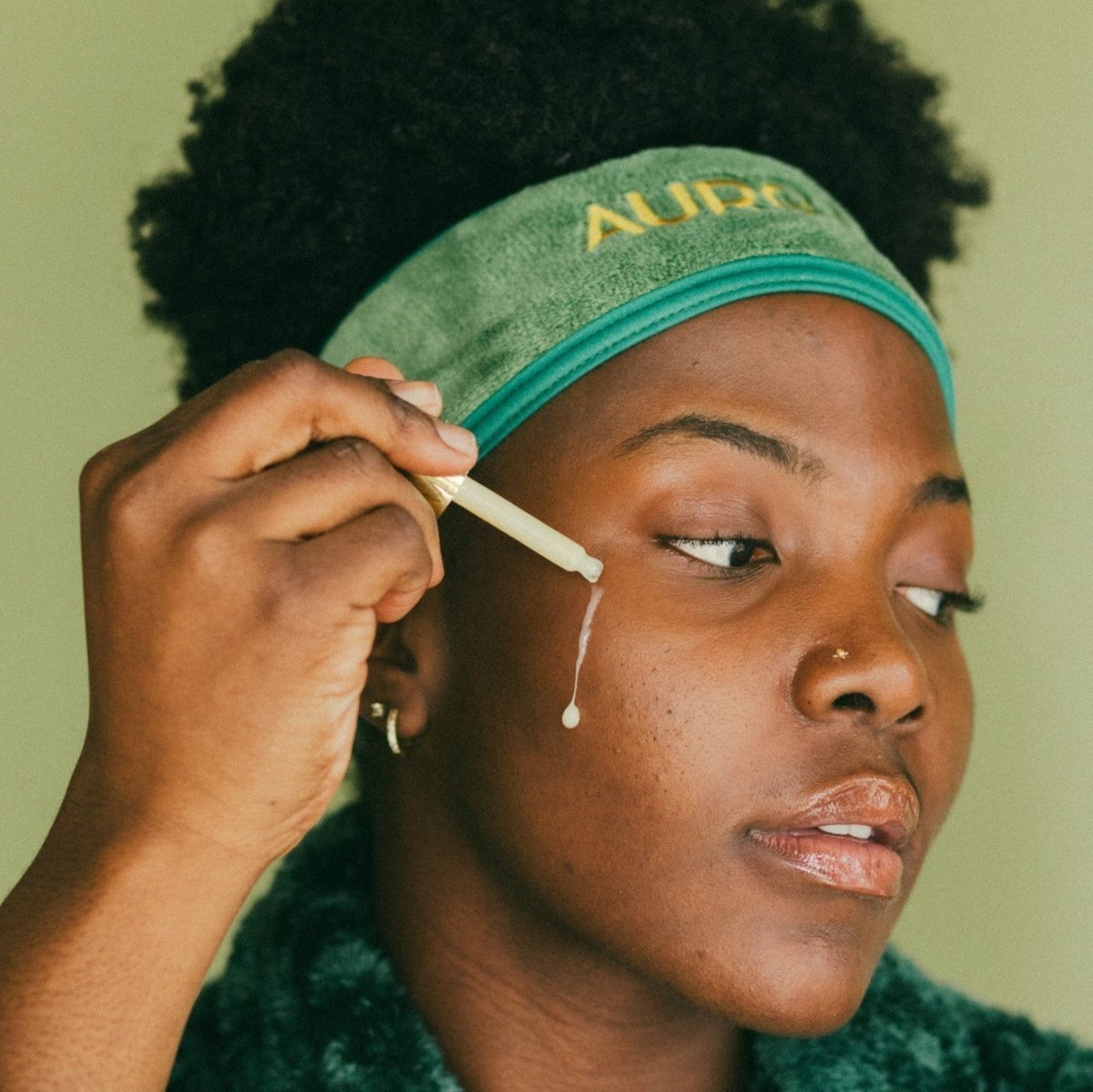Written by Sriya Jangam, Market Research Intern
For years now, the skincare industry has been known as the banger of the beauty and self-care industry, promoting clear, flawless skin. But underneath the surface, there’s a loud problem that has still yet to be addressed: the skincare needs of people of color — specifically, people with melanin-rich skin. Despite the ongoing demand for inclusivity in the beauty industry, millions of people are being left either unsatisfied, with little to no inclusivity for people with melanin-rich skin. In this blog, we’re exposing the underrepresentation in the skincare industry — and what we’re doing about it.

The skincare industry has always had a narrowed focus on lighter skin tones, creating a clear division among the different types of skin tones. According to McKinsey & Company, in 2021, Black people spent $6.6 billion on beauty. That’s 11.1% of the total US beauty market, slightly behind the 12.4% Black representation in the total US population. But it’s not just Black and white – we’re talking about all people with melanin-rich skin, including Black, Latinx, Asian, and Indigenous populations who have been neglected. The more melanin one has, the more prone their skin is to hyperpigmentation, or dark spots, after a breakout. And it’s no surprise that hyperpigmentation is the number-one skin concern for Black and brown people. So why are products seemingly targeted to help with acne, anti-aging, and skin sensitivity mostly made for people with lighter skin, and don’t do much, if anything, for hyperpigmentation?

The lack of responsibility and control taken by the industry isn’t about the number of product options, it’s about the reluctance to invest in research and studies to develop specific products made for colored skin tones. These people face more problems when it comes to hyperpigmentation, acne scarring, and dark spots. According to Versed Skin, “about 60-80% of those with melanated skin have a pigmentation disorder”.
The skincare industry’s lack of investments is deliberately biased towards the minority. According to a 2018 report by McKinsey & Company, the beauty industry is worth over $500 billion globally, with Black consumers in the U.S. alone spending $1.2 trillion annually across various sectors, including beauty. Despite these, so many brands fail to notice the importance of providing for the minority and diverse skin tones. A study published in the Journal of the American Academy of Dermatology found that only 4% of dermatology clinical trials focused on conditions more prevalent in people of color, such as hyperpigmentation and keloids, leaving a significant gap in understanding how these issues should be addressed in skincare formulations.

The issue with underrepresentation falls beyond the formulation of the products. It’s the way they are being marketed in current society that is concerning. Many popular brands carry such products with 6-10 shades for the entire line, and no one seems to question this “mishap”.
For people of color, the message is clear: these products are not made with them in mind. This lack of visibility leaves many consumers unheard and not valued in the beauty industry, by creating a clear division and barrier. Why? The industry is not solving their problems. According to McKinsey & Company, “Black customers are 3 times more likely to be dissatisfied than White consumers when it comes to hair, skin, and makeup products”. Brands promoting limited diversity in their brand campaigns are missing out on building a wider range of connection and loyalty for a growing audience – over half of Gen Z will be non-white by 2025 according to the US Census Bureau.









Leave a comment